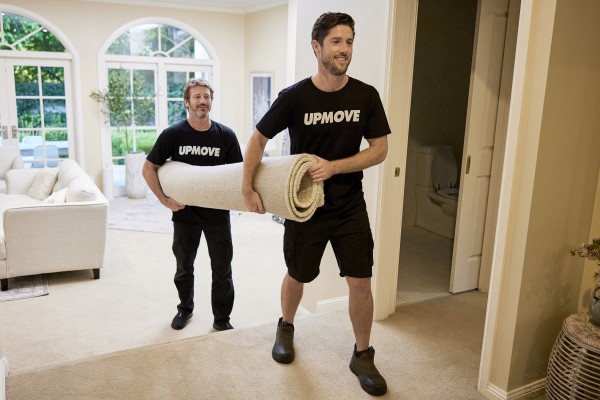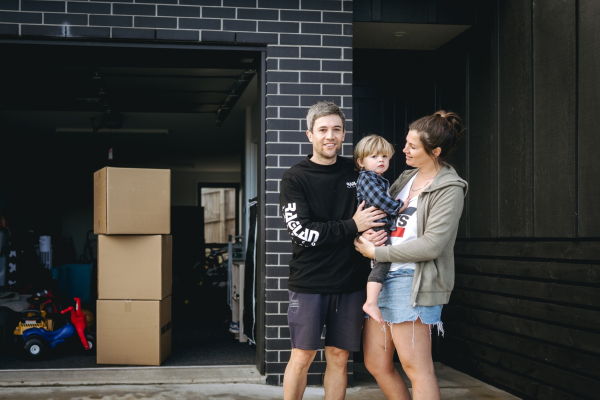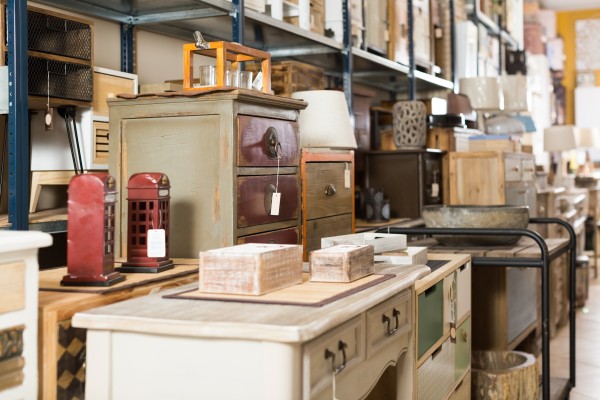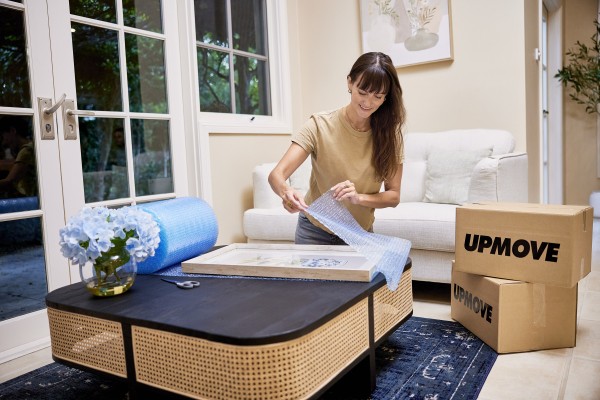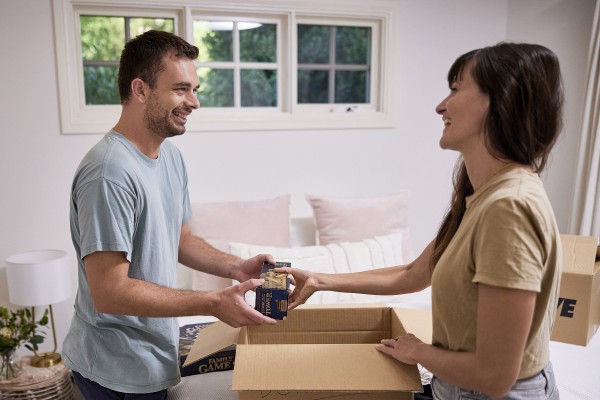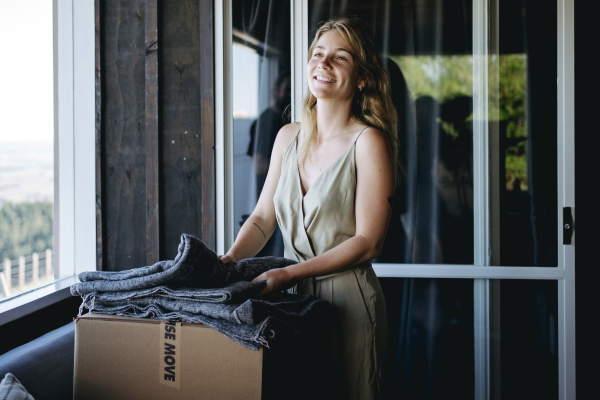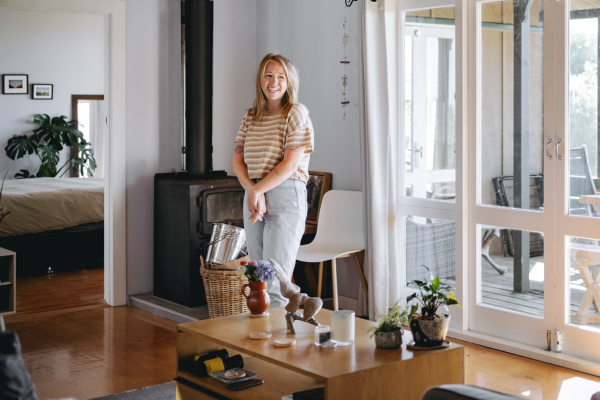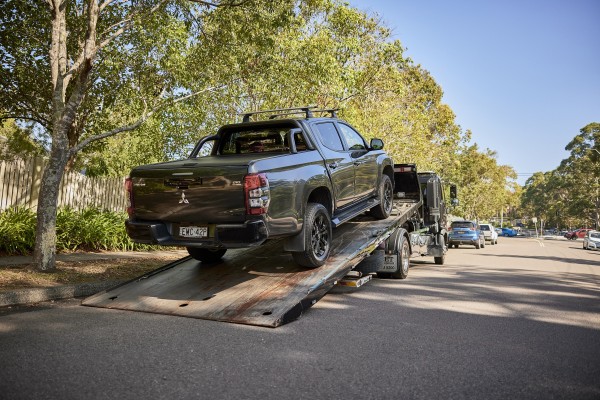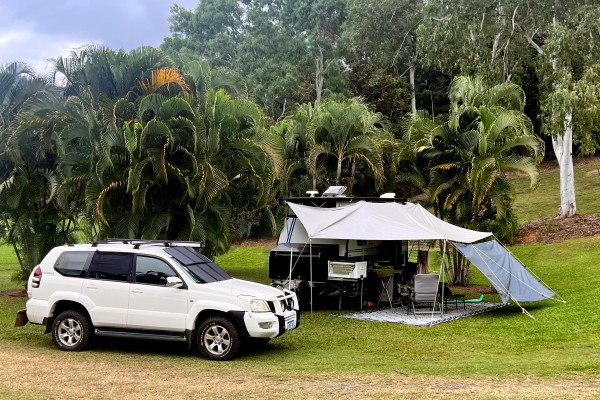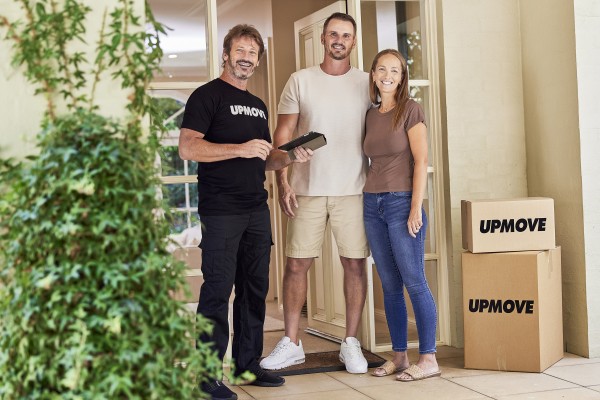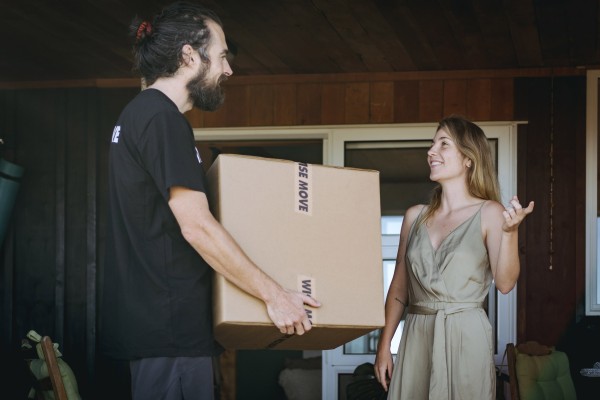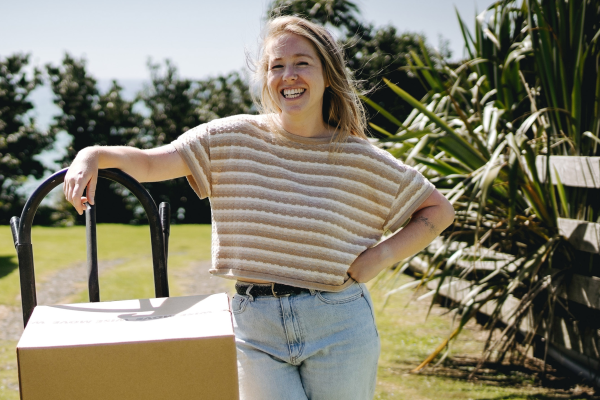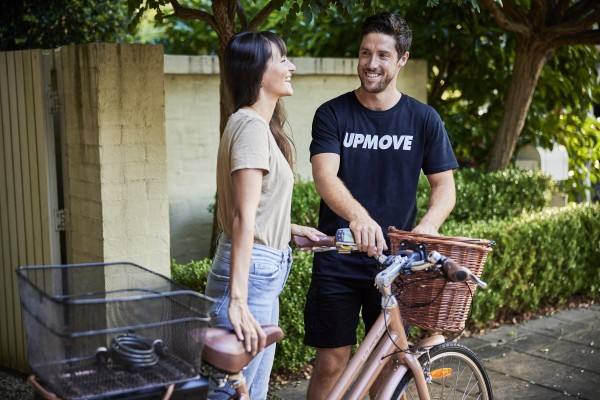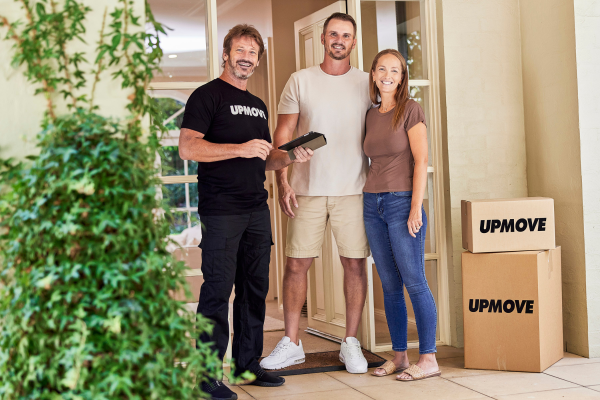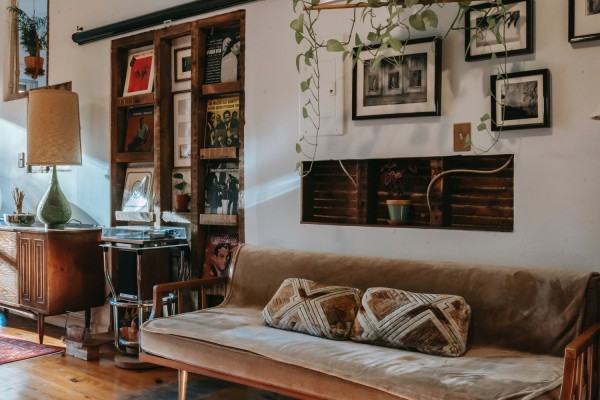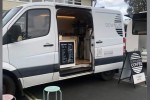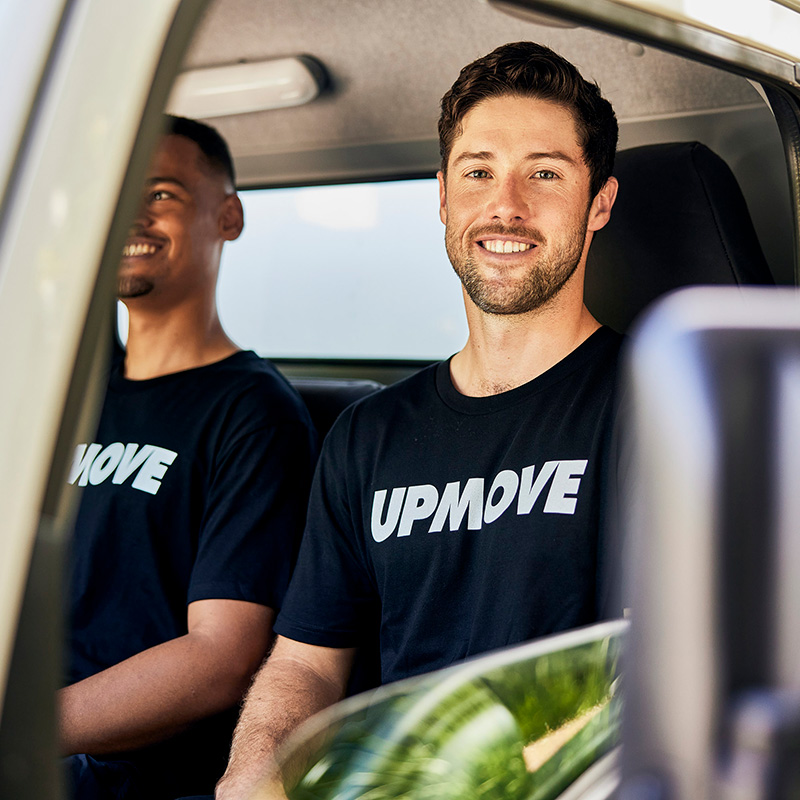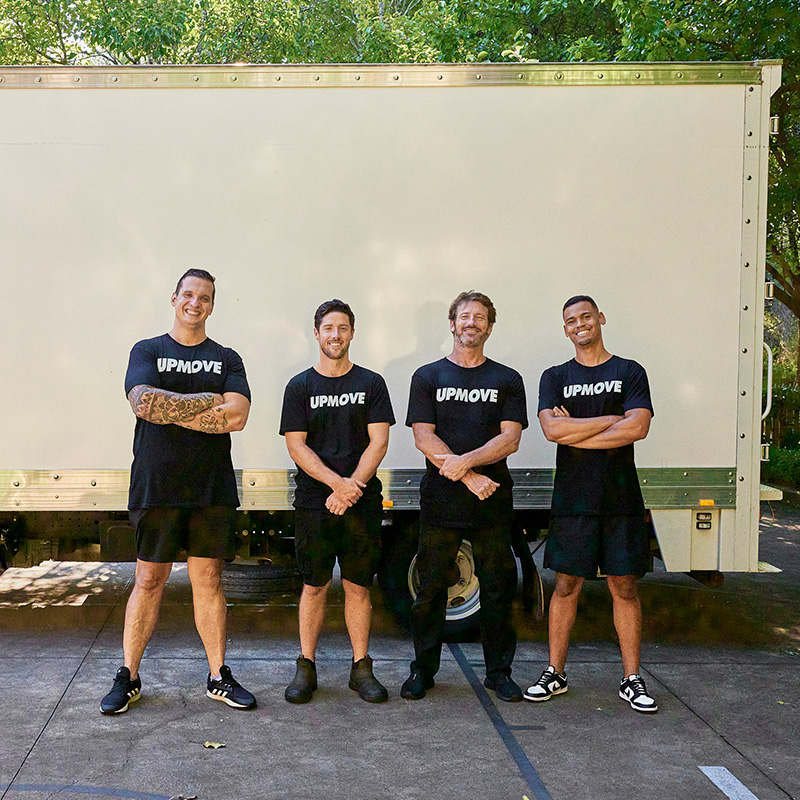Gold Coast moving checklist and relocation guide
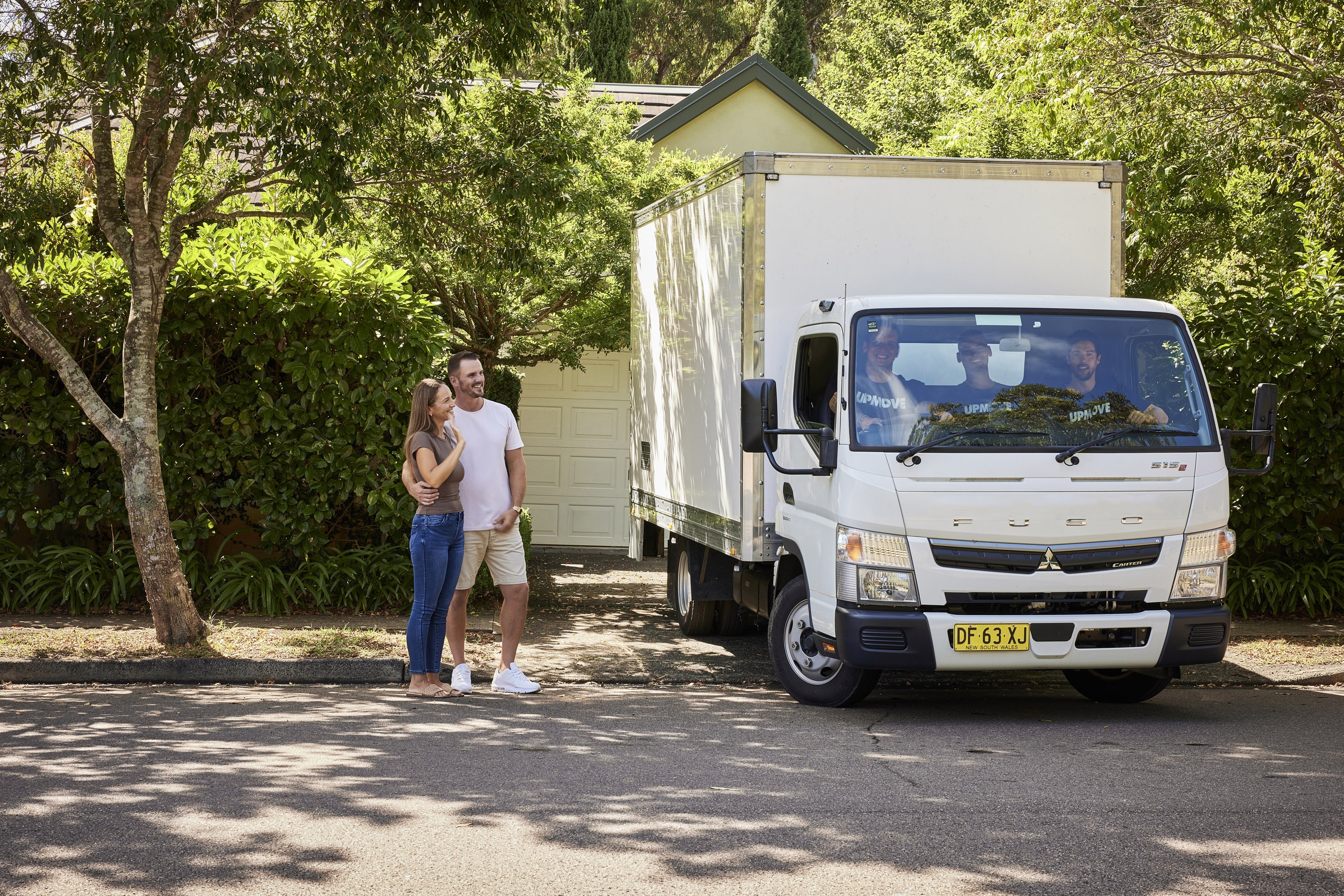
Moving to the Gold Coast is an exciting chapter – sunny skies, sandy beaches, and a lifestyle that’s all about being outdoors. Whether you’re coming for the surf, the laid-back vibe, or the growing urban scene, there’s plenty to look forward to. But just like any big move, getting settled in requires a bit of planning.
This guide is here to help, with tips on everything from budgeting and packing to finding the best Gold Coast removalists.
Let’s get started.
Introduction to moving house on the Gold Coast

Moving on the Gold Coast can be a bit of a headache, even if you're just shifting from one suburb to another. Factor in traffic, the high demand for rental properties, and the costs of packing, storage, and hiring movers, it’s easy to feel a little stressed. But don’t worry – we’ve got you covered with the exact steps to make your Gold Coast move more hassle-free.
Overview of the moving process
First thing to keep in mind when making a move on the Gold Coast is to get organised as early as possible - 8-10 weeks at least. This gives you enough time to set your budget, book your removalists early (they get snapped up quickly, especially in peak seasons), and start thinking through all the logistics.
Next, it’s time to put your mind to the packing process. We know, it’s a lot. But if you get strategic about it, work out any challenges such as moving large furniture down tight hallways or stairs, and tackle it room by room (more on this later) you’ll feel a lot less overwhelmed when moving day actually arrives.
There’s also the small matter of updating your personal details and the rest of the admin side of a move. The Gold Coast might only have one local council (City of Gold Coast), but it’s still worth double-checking you’re on the right list for things like waste collection, water, and any other local services.
And let’s not forget moving logistics. If you’re moving into or out of a hilly area (think: parts of Burleigh or Currumbin), or somewhere near the water, access could be tricky. So, make sure to chat with your movers in advance to make sure they know the best route.
Don’t worry we’ll dive into all these steps in more detail later in the article.
What you need to know on the Gold Coast
Your Gold Coast move will feel a whole lot lighter if you're prepped with info on key things like transport, housing, and weather. Here’s some insider info to make your move a bit smoother:
First up, the property market on the Gold Coast can be competitive, especially in popular beachside areas like Broadbeach, Burleigh Heads, or Coolangatta. Whether you're renting or buying, the price can vary depending on how close you are to the beach or the main hubs, so it's worth doing a bit of research on different areas. If you’re keeping an eye on your budget, you might want to look further inland to places like Nerang or Robina for more affordable options.
When it comes to transport, the Gold Coast isn’t quite as big as cities like Sydney or Melbourne, but it's still got solid public transport options. The tram line runs all the way from Helensvale down to Broadbeach, which is super handy for getting around. Buses fill in the gaps, so if you’re planning to rely on public transport, get yourself a Go Card for easy access. It’ll work across trams, buses, and even the trains if you're heading further up the coast.
The Gold Coast is known for its beautiful, sunny days, but don’t forget those hot, humid summers. The storms in the wet season can be pretty dramatic, so you might want to keep an eye on the weather forecast if you're planning a move during those months. For a more comfortable experience, timing your move in the cooler months (like autumn or early spring) could save you some sweat.
And don’t forget the admin side of things. You’ll need to update your address for utilities like power, water, and internet. The Gold Coast falls under one local council, so at least you don’t have to deal with different regions like in bigger cities. But it’s still good to double-check that you’re on the right list for things like waste collection and recycling.
Gold Coast moving house checklist
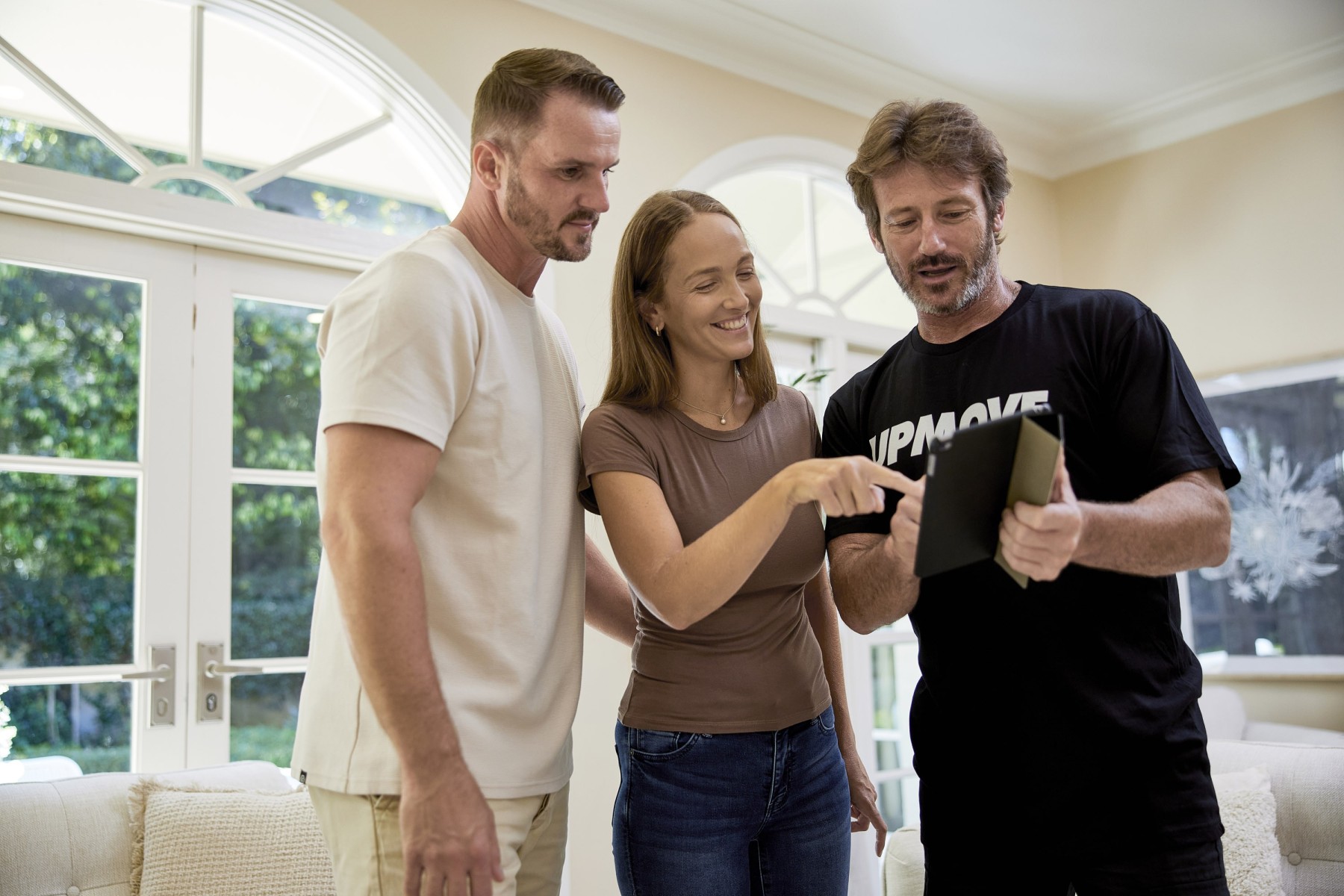
Moving on the Gold Coast has its own set of things to consider, but with the right preparation, it can be a much better experience than expected. Here’s a handy checklist to guide you through your move, tailored for the Gold Coast.
10+ weeks before the move
- Research Gold Coast suburbs: Look into proximity to work, public transport, beaches, and amenities.
- Set your moving budget: Include removalist costs, packing materials, utility connections, and any extra fees (like parking permits).
- Book your removalists: Get quotes and lock in your movers early—Gold Coast removalists tend to get busy, especially in peak moving seasons.
- Organise storage if needed: If you need short-term storage, check out local storage facilities across the Gold Coast.
- Declutter: Start sorting through things you don’t need, and donate or sell what you can.
- Create a packing plan: Break it down by room to avoid packing stress later.
- Notify your landlord or agent: Let them know you're moving out and arrange your final inspection (if renting).
6+ weeks before the move
4+ weeks before the move
2+ weeks before the move
1+ week before the move
Moving day
Settling in
Budgeting for your Gold Coast move
Packing - Using a moving company on the Gold Coast vs. DIY moving
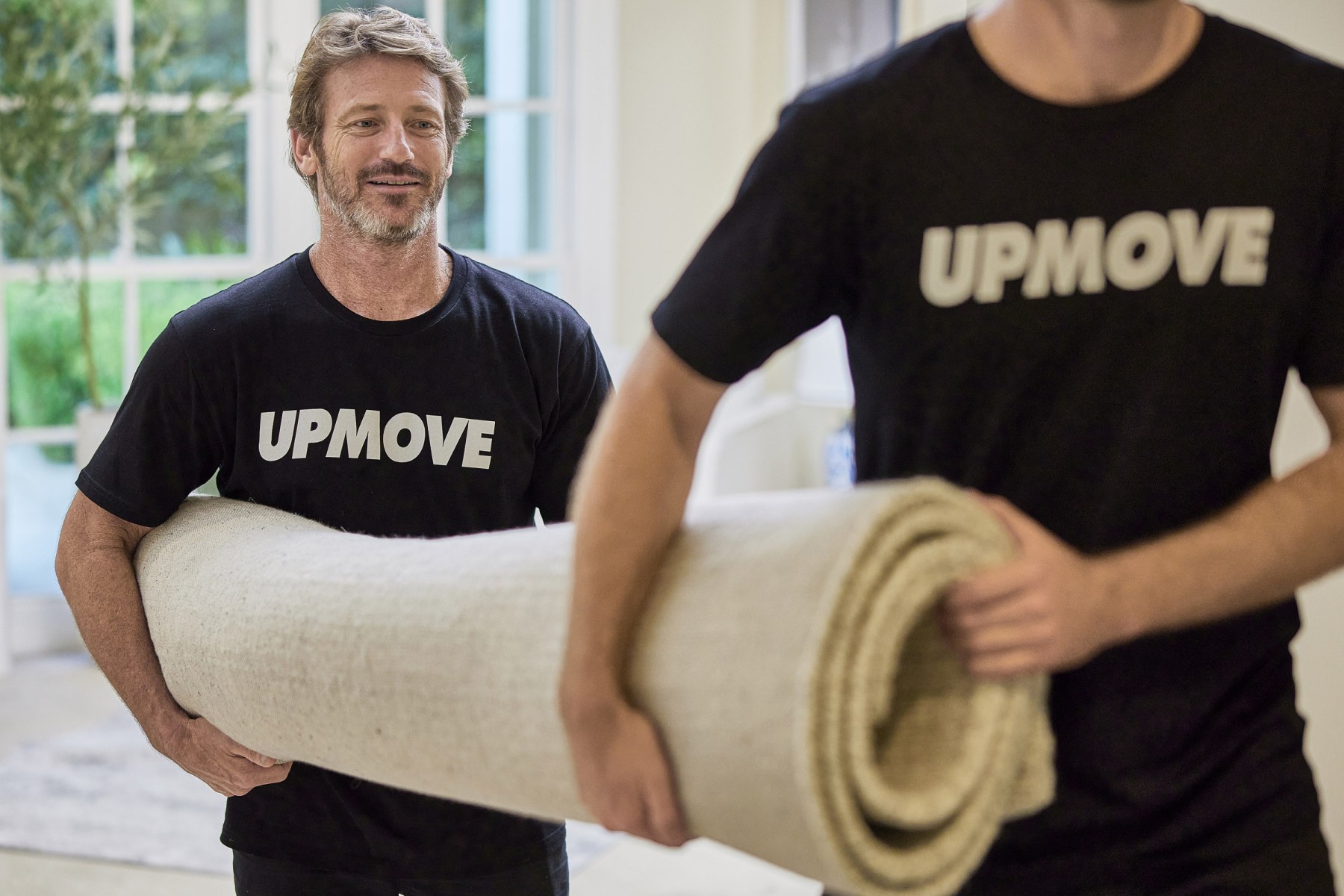
One of the first questions you’ll face when moving house is whether to hire professional movers or go the DIY route. Both options have their ups and downs, and your choice will likely depend on your budget, how much you have to move, and how much time and effort you're ready to invest.
Let’s break down the options.
Hiring professional Gold Coast movers: the pros and cons
Pros:
Cons:
DIY moving: the budget-friendly option
Pros:
Cons:
If you’re leaning towards hiring movers, it’s a good idea to compare quotes from different Gold Coast removalists. Platforms like Upmove can help you easily find and book a trusted team.
Organising and decluttering
Whether you’re hiring Gold Coast movers or going the DIY route, the earlier you start getting organised, the more straightforward things will go. Here's how to kick things off:
Make a packing plan
Give yourself enough time to go room by room. A good plan helps avoid stress and ensures nothing gets left behind.
Set aside items to pack
Sort through your stuff and decide what’s actually going with you. Items you won’t need in the meantime should be packed first—think off-season clothes or things you only use occasionally. This helps free up space so you’re not tripping over boxes all week.
Declutter and ditch duplicates
Now’s the perfect time to get rid of things you don't need. Check for duplicates—how many towels or kitchen gadgets does one person really need? The less you move, the easier it will be, and you’ll feel a lot lighter on the other side of the move.
Sort out paperwork
Take care of important documents like your lease, bills, and insurance info. Keep them together in a folder or box so they don’t get lost in the chaos.
Sell or donate unwanted stuff
Don’t just toss everything you don’t need—sell what’s in good condition or donate it to local charities. The Gold Coast community is always looking for a good cause to support, and you’ll be surprised at how much stuff you can part with when you get in the decluttering zone.
Packing materials and supplies
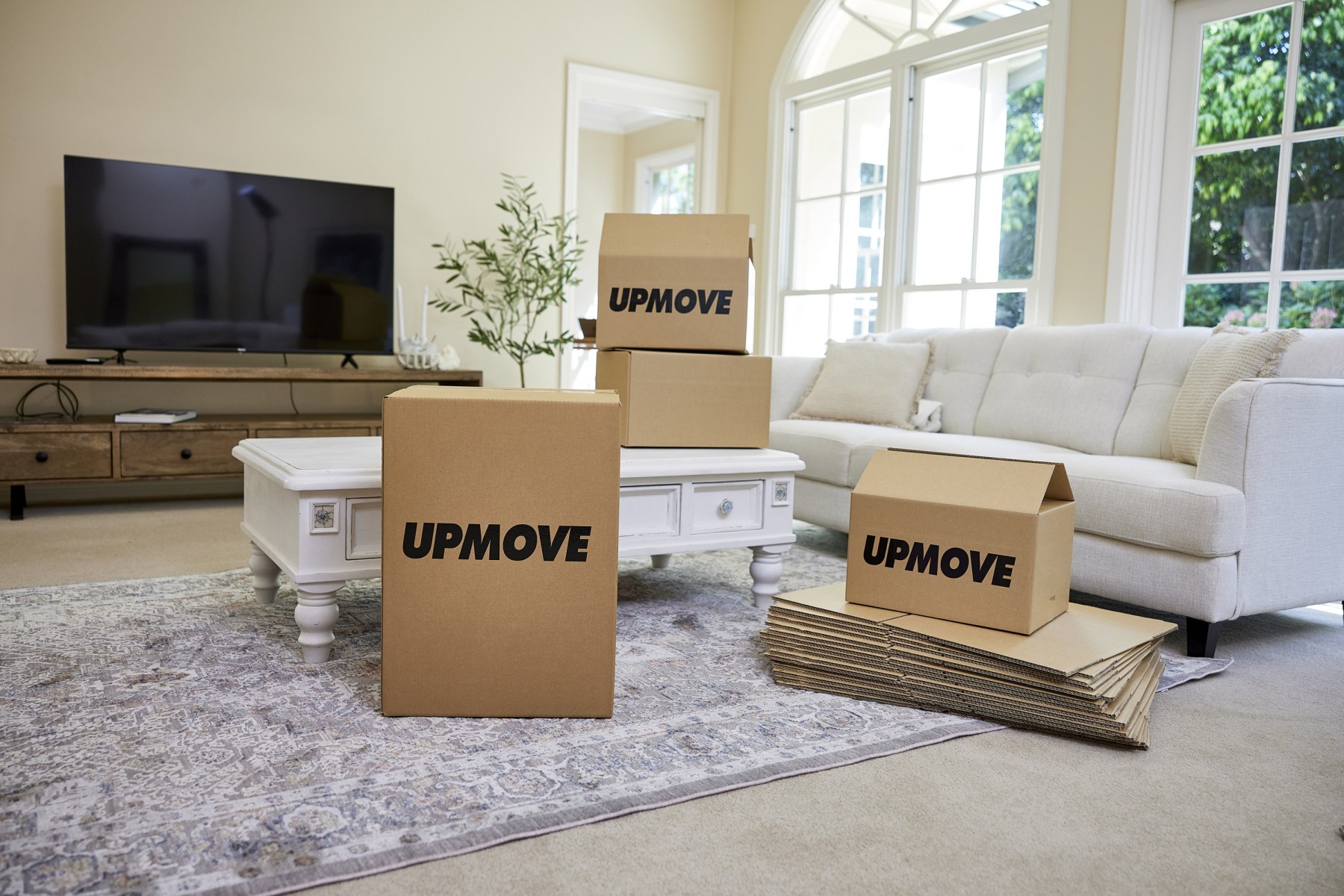
Packing for your Gold Coast move doesn’t need to send you into a tailspin—just make sure you have the right gear. Here’s a quick rundown of what you’ll need for a typical 3-bedroom move:
1. Boxes
What you need:
Where to get them: You can grab boxes from local stores like Bunnings, Officeworks, or check out Gumtree/Facebook Marketplace for some affordable, second-hand ones.
2. Packing tape
What you need: 6-8 rolls (to keep everything secure)
Where to get it: Any big retailer like Bunnings or Officeworks, or you can stock up online in bulk for a cheaper deal.
3. Bubble wrap and packing paper
What you need:
Where to get it: Available at places like Officeworks, Bunnings, or online for convenience.
4. Furniture pads and blankets
What you need: 5-8 blankets (for protecting furniture and large items)
Where to get them: Rental services from your Gold Coast removalist or pick some up from Bunnings or online.
5. Plastic bins
What you need: 2-3 bins (perfect for keeping smaller items like toys or clothes organised)
Where to get them: Stores like IKEA, Bunnings, or Big W are great for affordable options.
By organising these packing items way in advance, the moving process will roll out much more smoothly.
Room-by-room packing made easy
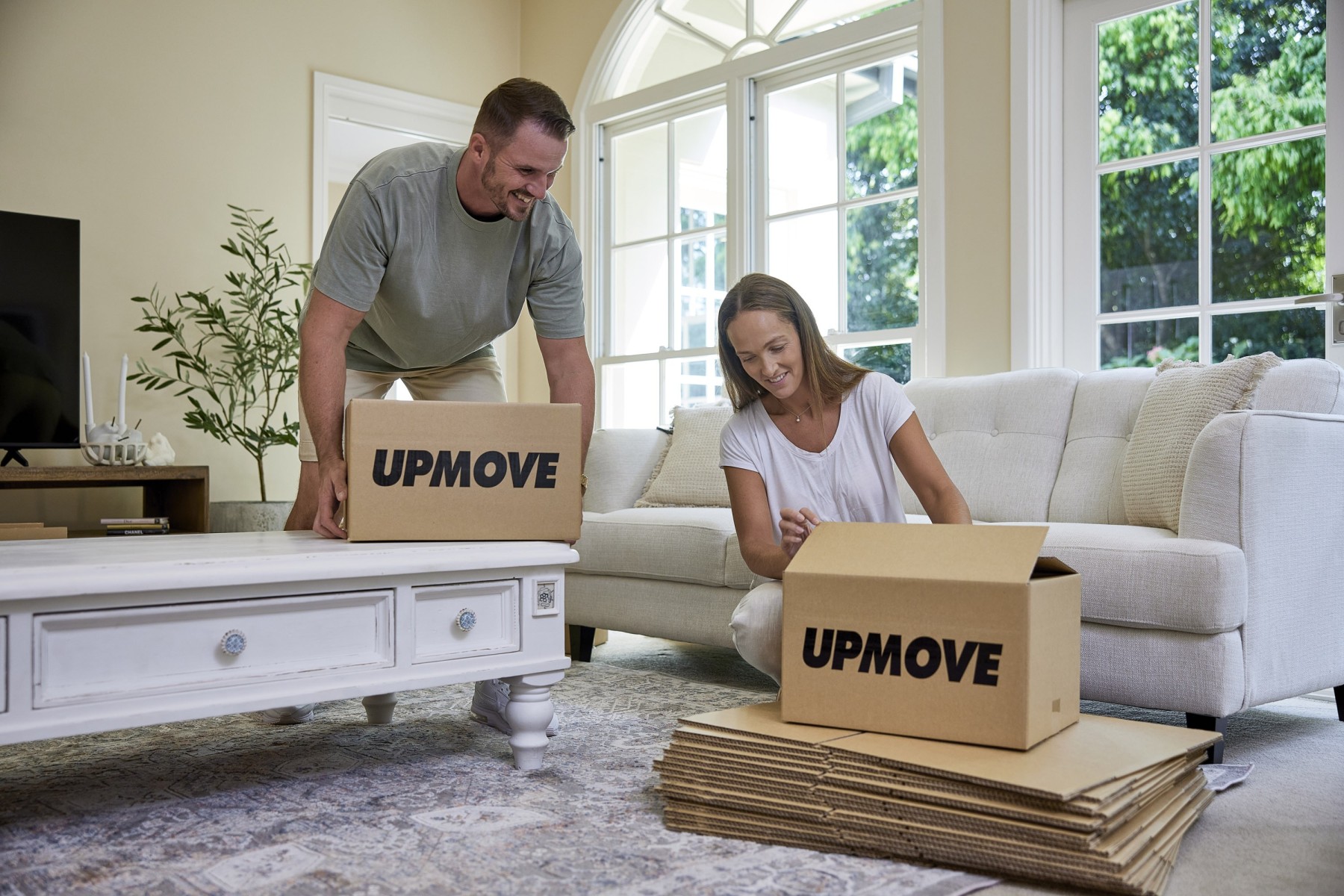
Packing doesn’t have to be a headache—just take it room by room, and it’ll be far easier to manage.
Start with the spaces you use the least, like the guest room, garage, or any storage areas. These are usually filled with things you won’t need right up until moving day. Once those are sorted, work your way through the office and living areas—lots of small items like books, decor, and gadgets. Finally, when you're down to the wire, pack up the bedrooms and kitchen.
It might feel like a lot at first, but just break it down and follow our simple guide below and you'll be done before you know it.
1. Garden, shed & storage areas
2. Guest bedrooms
3. Office
4. Living & dining rooms
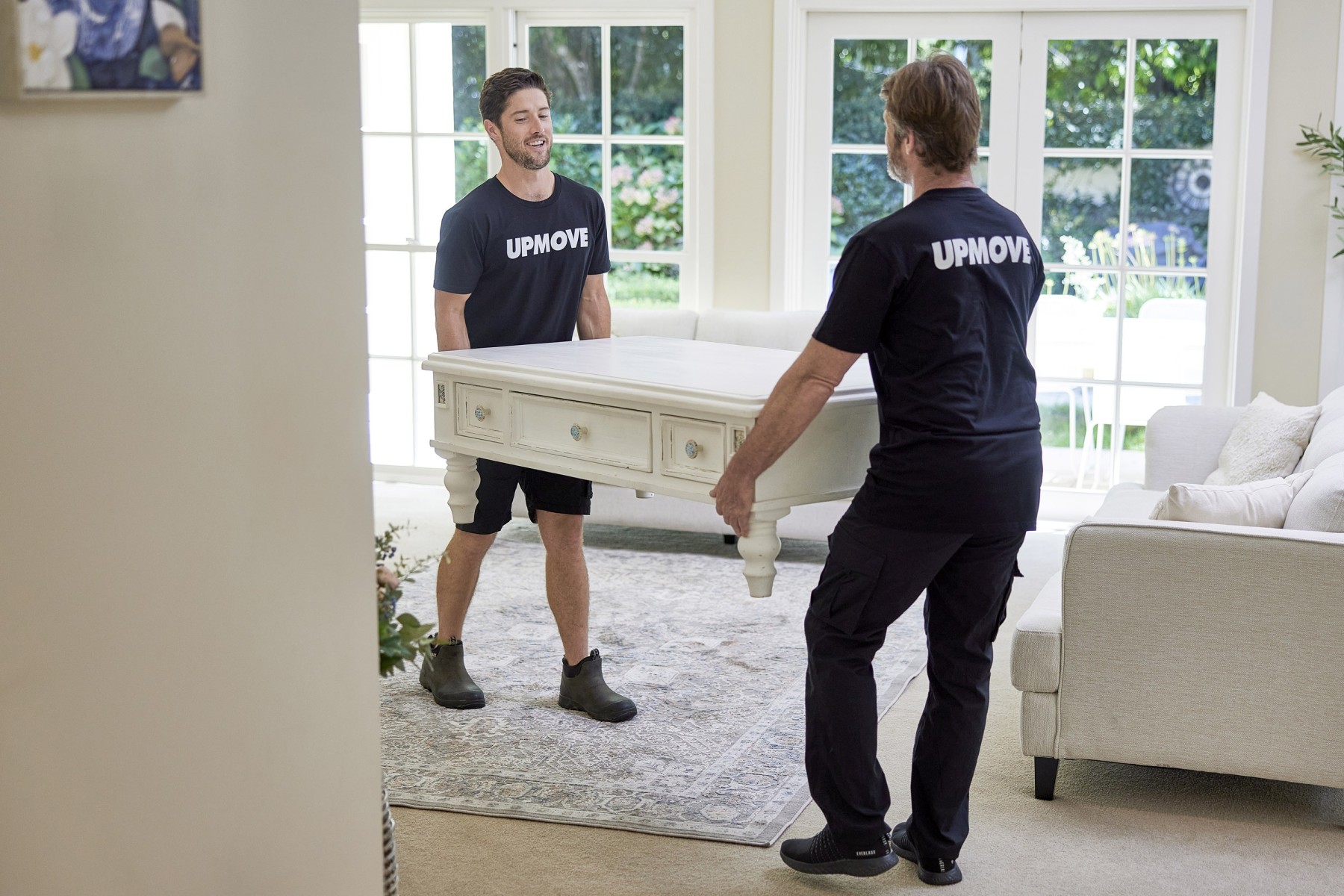
5. Main bedrooms
6. Bathrooms
7. Kitchen
Cleaning - How to ensure you get your rental bond back
Once you’ve packed everything up and are ready to head out, a good clean is a must—especially if you're renting and want that bond back.
Before you leave, do one last check of the place, walking through each room to make sure it’s in good condition.
A few photos could also be useful for your own peace of mind. A solid clean now can help ensure you get your full bond back and leave a great final impression.
Gold Coast storage options - cost breakdown
When you're moving on the Gold Coast, temporary storage can be a lifesaver, whether your new place isn’t ready yet or you just have more stuff than you know what to do with. The good news is, storage options here are pretty flexible and affordable depending on what you need.
The average cost of a storage unit on the Gold Coast is around $180 per month. Prices can range from $70 to $300, depending on the size of the unit, the type of storage, and how in-demand the facility is at the time. If you're looking to save, it’s worth shopping around and comparing quotes from a few different places to see who can offer the best deal for your needs.
Mobile storage is also an option. These units are delivered to your doorstep, and once you’re done packing, the company comes to pick it up and store it for you. It’s often a more affordable and flexible option than traditional units, especially if you’re short on time or want the convenience of loading and unloading at your own pace.
For long-term storage, many places will offer discounts if you commit to several months, and, as always, the closer the facility is to the beach or city centre, the higher the price tag will be. If you’re on a budget, looking a little further out can save you some cash.
One thing to remember: while most facilities provide basic insurance, if you're storing valuable or sentimental items, it might be worth paying for extra coverage for peace of mind.
Here’s the lowdown:
Preparing for special circumstances
Moving to a new place on the Gold Coast is exciting, but it can also come with its own set of challenges, especially when you're juggling pets, kids, elderly family members, or specific health needs. Whether you're moving down the street or further afield, here are some tips to make the process simpler for everyone involved.
For pets:
Pets often feel the stress of a move just as much as we do. If you're heading on a long trip, make sure you’ve got all their essentials packed—food, water, favourite toys, and a blanket or something familiar to help calm them. For longer moves, you might want to look into a pet transport service to make their journey as stress-free as possible.
For kids:
Kids are often excited about the new adventure, but they might also feel a little anxious about leaving behind their old life. Get them involved by letting them pack their own things and talk to them about what to expect. Bring their favourite stuffed animals, blankets, or toys to help them feel more at ease.
For elderly relatives:
When you’re moving elderly family members, it’s important to think ahead. Pay attention to any mobility issues or health needs they might have. Pack any medications or essential items separately and keep them within easy reach. It’s also a good idea to have someone accompany them during the move if possible to help with any extra support or assistance they might need.
For those with disabilities:
If you’re moving with a disability, make sure to plan carefully. Keep important documents, medications, and personal items in a box that’s easy to grab. Once you arrive at your new home, check that it’s accessible—ramp access, wider doorways, and step-free entrances can make a huge difference. Also, it’s good to research the local area for any nearby medical facilities or community services that can help you settle in.
Finding the best removalists on the Gold Coast
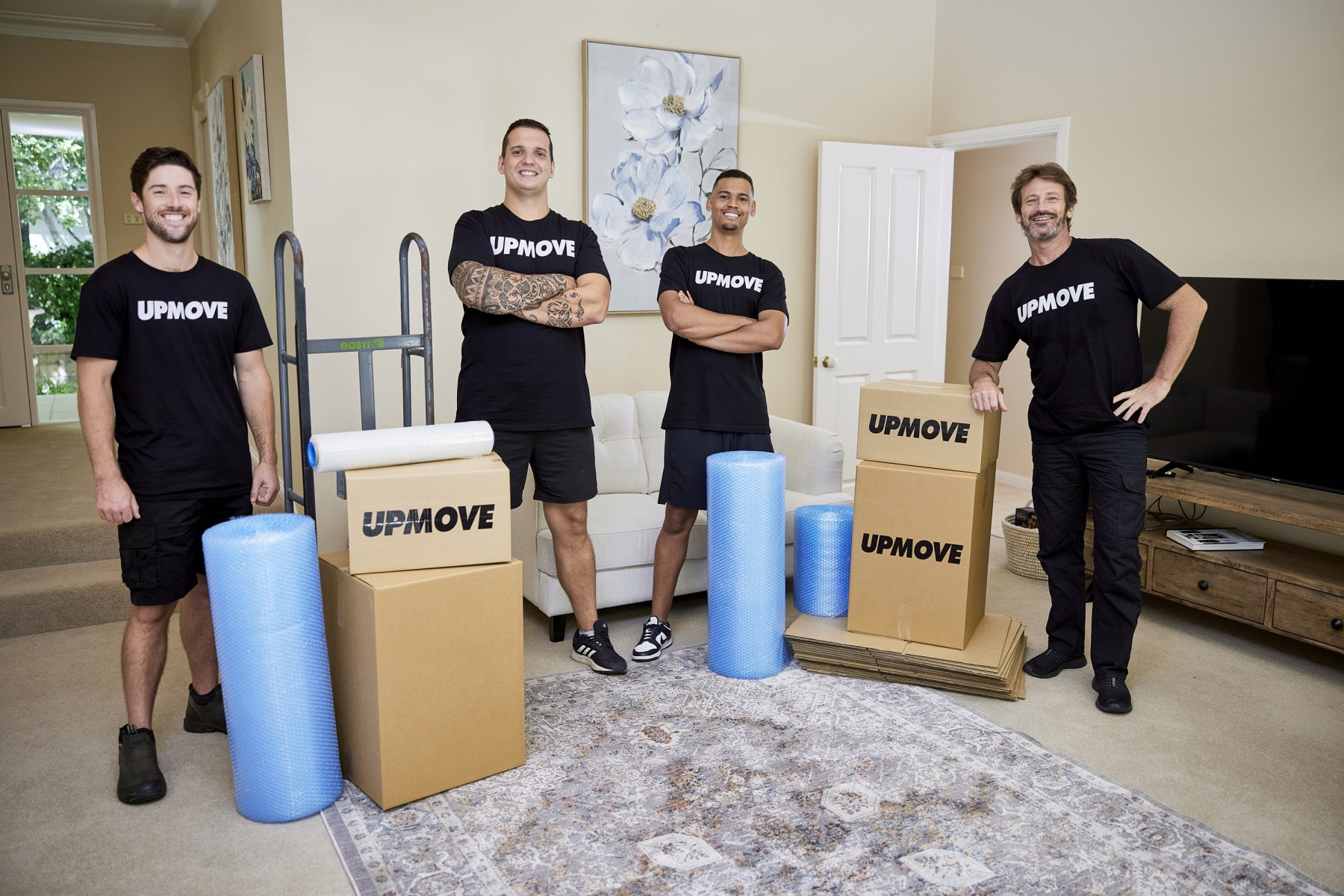
Moving to, from, or within the Gold Coast is an exciting adventure, but there’s also a lot to plan for and think about. Whether you're shifting across town or heading further afield, the process can feel overwhelming. That's where Upmove steps in—connecting you with experienced, affordable, and trustworthy Gold Coast removalists.
We simplify the search for reliable removalists, offering clear, upfront quotes so you know exactly what to expect.
What do our customers say?
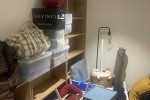


What’s happening?
Please notify us of any violations. This information will be kept confidential and shared only with Upmove.
- It’s inaccurate or incorrect
- If you find it offensive
- It’s something else


